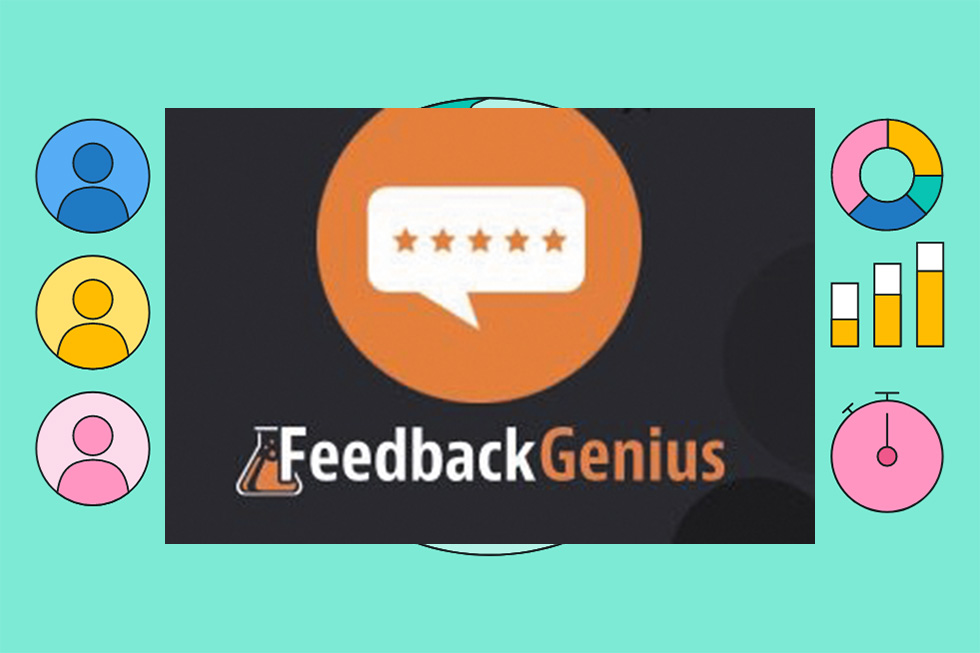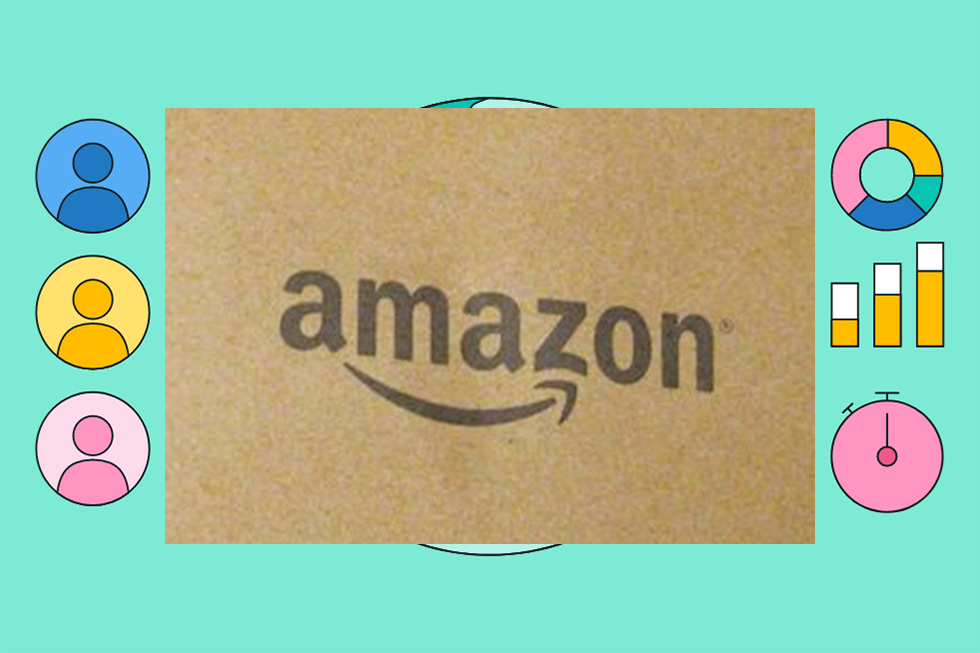Amazon has made important investments in its personal non-public label manufacturers, equivalent to diapers, pet food, and paper towels. The corporate’s non-public label technique could also be indicative of a burgeoning retail motion. Personal labels could also be one thing that mid-market retail companies may attempt.
As of June 2018, Amazon sells greater than 70 of its personal non-public label manufacturers on its market, in accordance with experiences from Gartner L2 and One Click on Retail. Barron’s reported that Amazon non-public label gross sales may attain $25 billion yearly by 2022.
Cable Sew is certainly one of Amazon’s many non-public label manufacturers.
Whereas Amazon has not publicly said what its non-public label model technique is or why it appears to be investing now, there are developments that may very well be driving some retailers — maybe together with Amazon — towards non-public label merchandise. These developments embody a attainable erosion in nationwide model loyalty, modifications in client buying habits, and aggressive value strain.
Creating a non-public label model generally is a lengthy and costly course of. However non-public labels might assist pure play ecommerce corporations and brick-and-click shops drive incremental gross sales, safe buyer relationships, and earn a bit extra margin.
Model Erosion
“Unhealthy information for all you on the market who spend your careers constructing manufacturers: new analysis exhibits that greater than half of millennials haven’t any use for them,” wrote Adrianne Pasquarelli in an usually cited AdAge article, “Marketer’s Millennial Dilemma.”
In accordance with Pasquarelli, millennials — who’re people born from the early Nineteen Eighties by means of early 2000s — will not be loyal to long-established nationwide manufacturers.
Whereas it will be significant to not make broad statements about all millennials, an October 2017 Quick Firm article reported important variations in model preferences between child boomers and millennials.
Even small modifications in model loyalty may give new manufacturers, together with non-public label manufacturers from Amazon and different retailers, a possibility to earn market share. Thus, if model erosion is actual, it may be a time to attempt to swap some buyers from a nationwide label to an organization’s personal merchandise.
Altering Procuring Patterns
A second retail development which will signify a non-public label alternative is the best way ecommerce and ecommerce subscription providers are altering buying habits.
Contemplate the case of Greenback Shave Membership. The corporate, which was based in January 2011, offered to Unilever for $1 billion in 2016. Greenback Shave Membership provided good high quality shaving merchandise at costs beneath what nationwide manufacturers cost. It delivered these merchandise on a subscription foundation.
Greenback Shave Membership pressured market leaders like Gillette to supply their very own subscription service and start a advertising marketing campaign to assist keep market share.
Procuring on-line generally is a lot extra handy than visiting a bodily retailer. And, in flip, a subscription service generally is a lot extra handy than having to log in to an ecommerce website each month to buy a consumable.
This can be a non-public label alternative as a result of, as Greenback Shave Membership demonstrated, comfort and value might trump earlier model and retailer associations.
Value Competitors
For some retail product classes, value competitors has shrunk margins for well-liked nationwide manufacturers. When a buyer should buy an equivalent product on Amazon or Jet.com for much less, different retailers can have problem competing.
Personal label manufacturers relieve value strain in no less than two methods. First, the product will not be out there in different shops. Second, it usually involves the retailer at a decrease price, so it may possibly promote at or beneath the nationwide model value and nonetheless earn a greater margin.
Personal Label Alternative
Taken collectively, value competitors for established manufacturers, modifications in client shopping for patterns, and the erosion of some manufacturers signify a possibility for companies for almost any broad-line, mid-market retail operation to learn from a non-public label technique.
- Retailer loyalty. Personal label manufacturers can construct a loyal following. The truth is, some ecommerce companies solely promote their very own manufacturers. Beardbrand, for instance, has constructed a powerful neighborhood for its merchandise.
Retailers promoting an array of personal label gadgets might discover that they’ll generate loyal, repeat clients.
- Value-point hole. Some retailers could possibly match non-public label options into price-point gaps. It could be {that a} market has a premium model that represents the very best and most costly product out there. There may additionally be a low-cost various, leaving a price-point hole within the center for a superb high quality non-public label that prices lower than the premium model however is healthier than the low-cost product.
- Higher margins. Once more, non-public label manufacturers can have higher margins than a few of their more-recognizable nationwide manufacturers. Basically, margins are higher as a result of the retailer selects and manufactures the product, usually by way of a contractor.











